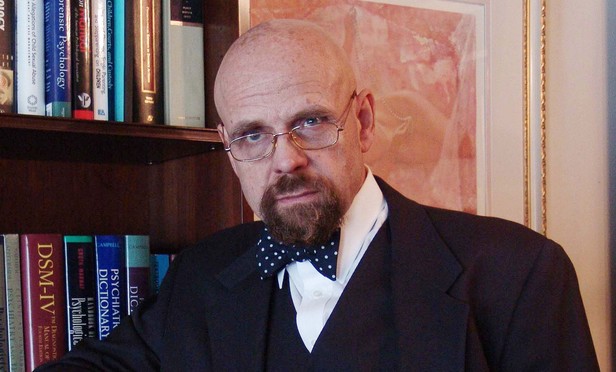Family law attorneys rarely try a case without encountering expert testimony with respect to one issue or another. Whenever an expert testifies, many issues are presented, but none is more critical than the evidentiary integrity of the “basis” for the expert’s opinion. Specifically, when the expert relies upon out-of-court statements derived from interviews or from the review of documents, the evidentiary doctrine of expert testimony intersects directly with the core evidentiary principle forbidding hearsay evidence. This intersection is known as the “professional reliability hearsay basis,” and it presents one of the thorniest problems in the law of evidence. The Court of Appeals, in State v. Floyd Y.,1 confronted this Gordian knot of evidence law; the resulting split decisions underscore both the convolution of the “basis hearsay”2 issue and the futility of efforts to resolve the central conundrum that it presents.
Facts
Floyd Y. was a convicted sex offender facing involuntary civil confinement following his prison sentence pursuant to Mental Hygiene Law (MHL) Article 10. The state’s experts relied upon out-of-court statements consisting of victim allegations of previous acts of sexual misconduct. Significantly, they were permitted to disclose the content of those allegations to the jury even though none of the out-of-court declarants testified.3



